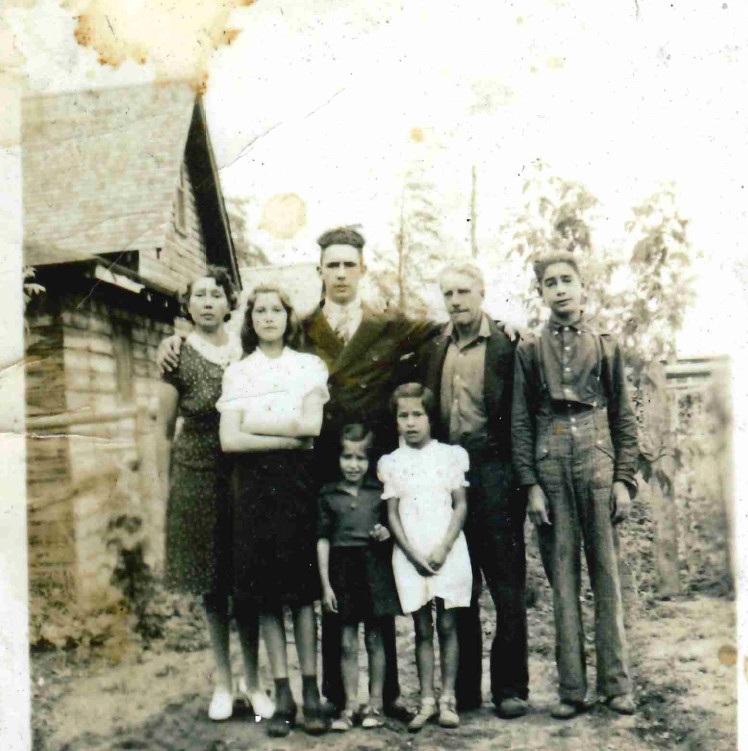A Call to Action: Overcoming Linguistic Barriers and Oppression Towards Indigenous Peoples in the Justice System
In Canada, Indigenous people face significant challenges when interacting with the justice system, including linguistic barriers. Unfortunately, there are numerous stories of police officers and lawyers who assume that an Indigenous person who speaks with an accent is drunk. These individuals wield ultimate power and authority in their positions, and their lack of understanding that…

